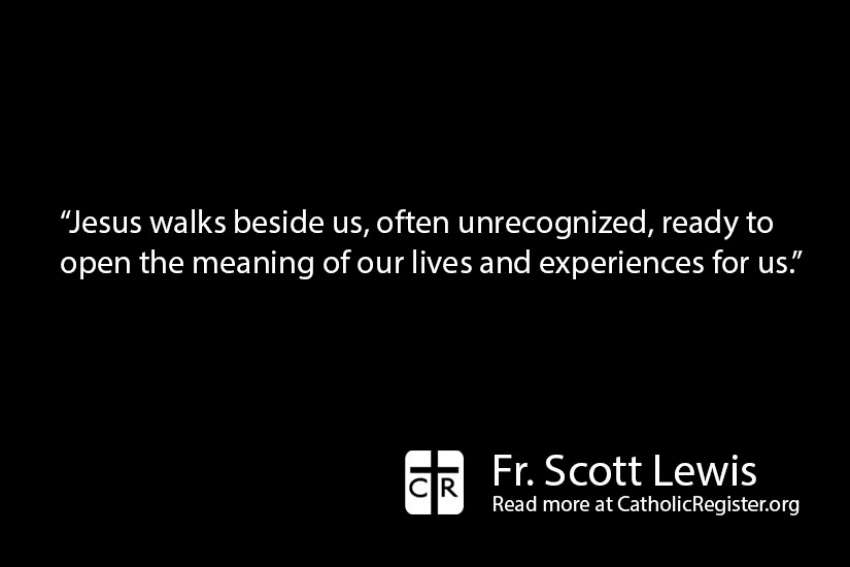Jesus had performed many signs and wonders to bolster His claim of Messiahship, but they had failed to impress many. Despite the machinations of sinful humans, God raised Jesus from the dead and exalted Him in Heaven. His resurrection was positive proof that His claims were truthful and they demonstrated divine approval of all His teachings and deeds.
The story of Jesus as narrated by Peter has several things to tell us. First, God’s purpose will not be thwarted or turned aside. There may be setbacks, but in the end God has the final say. Second, since death could not hold Jesus, it will not hold us either. Jesus reigns in power, always working on our behalf. He will give us life and raise us up.
With David, we can be filled with joy and hope, knowing that the victory is won, even if we must still pass through trials and struggles. Peter’s proclamation should remove the fear, anxiety and sense of meaninglessness and helplessness that seems to afflict so many. It is nothing less than a declaration of God’s victory, a victory in which we all share through faith. What happened for Jesus will happen for us.
The trust in God that we have in our hearts is based on the resurrection of Jesus, the sign that God is truly with us. Humanity has been given another chance, won through the blood of Jesus. The author of 1 Peter urges believers to show gratitude by responding to that gift with lives worthy of their deliverance.
We cannot fool or cheat God. We will all be measured by what we have done — or not done — while in the body on Earth. Let us live each day in grateful awareness of the great gift we have been given.
People do not handle suffering and death well. The question of suffering is the oldest philosophical and religious question in the world. It was even harder for the followers of Jesus to deal with His crucifixion and death. It just wasn’t supposed to end that way — Messiahs aren’t supposed to be killed!
Easter morning found two brokenhearted and downcast disciples leaving Jerusalem and heading for Emmaus. Jesus joined them, but in a sort of divine disguise. His seeming ignorance of the recent events in Jerusalem stopped the disciples in stunned amazement: “Are you the only one who doesn’t know?”
Out tumbled the painful story: Jesus was a great prophet, mighty in word and deed, but He was betrayed and killed. They were hoping He was the one to liberate Israel. It was Jesus’ turn to be exasperated — He marvelled that they were so slow to comprehend the divine necessity of Jesus’ suffering.
Beginning with Moses, He opened and explained the scripture passages that applied to Him. At the end of the first century AD, Luke’s community was rereading the Jewish scriptures through the lenses of their experiences of the risen Christ and the reception of the Spirit. Only when Jesus had blessed and distributed the bread at their shared meal were the two finally permitted to see Him as He was, whereupon He vanished from their sight.
They experienced Jesus in two privileged ways — in the breaking of the bread and their contemplative encounter with scripture. “Breaking of the bread” meant both the Eucharist and their shared life in community, gathered in equality, openness and gratitude around a common table.
Reading the Scriptures in search of Christ was not a hunt for proof texts, but the conviction that Christ was present in the master narrative of the Old Testament and would reveal Himself to the open and searching heart.
We need each other and we need our collective wisdom and experience in the Scriptures. In the end, our own journey, along with its suffering, somehow fits into the big picture. Jesus walks beside us, often unrecognized, ready to open the meaning of our lives and experiences for us.


